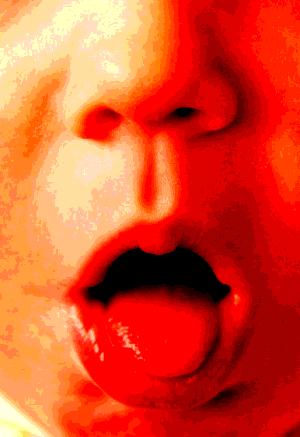Cleaners hit kids' lungs
 Early exposure to household cleaning products has been associated with the development of childhood asthma and wheezing.
Early exposure to household cleaning products has been associated with the development of childhood asthma and wheezing.
A new study finds that a previously known link between cleaning products and asthma can start as early as age 3.
The researchers hypothesize that chemicals in cleaning products may damage the respiratory lining by triggering inflammatory pathways of the immune system, leading to asthma and wheeze. The modulation of the infant's microbiome may also play a role.
“Most of the evidence linking asthma to the use of cleaning products comes from adults,” says lead researcher Professor Tim Takaro.
“Our study looked at infants, who typically spend 80 to 90 per cent of their time indoors and are especially vulnerable to chemical exposures through the lungs and skin due to their higher respiration rates and regular contact with household surfaces.”
The study – which is based on data from questionnaires completed by parents of 2022 children in the Canadian Healthy Infant Longitudinal Development (CHILD) Cohort Study – found that the most common cleaning products are hand dishwashing soap, dishwasher detergent, multisurface cleaners, glass cleaners and laundry soap.
It also found scented and sprayed cleaning products are associated with the highest risk of respiratory issues.
Asthma Australia has reacted to the report, saying; “The results of the study do not prove causation but the potential for common household products to play a role in childhood asthma”.
Paediatric respiratory specialists say more research is needed.








 Print
Print